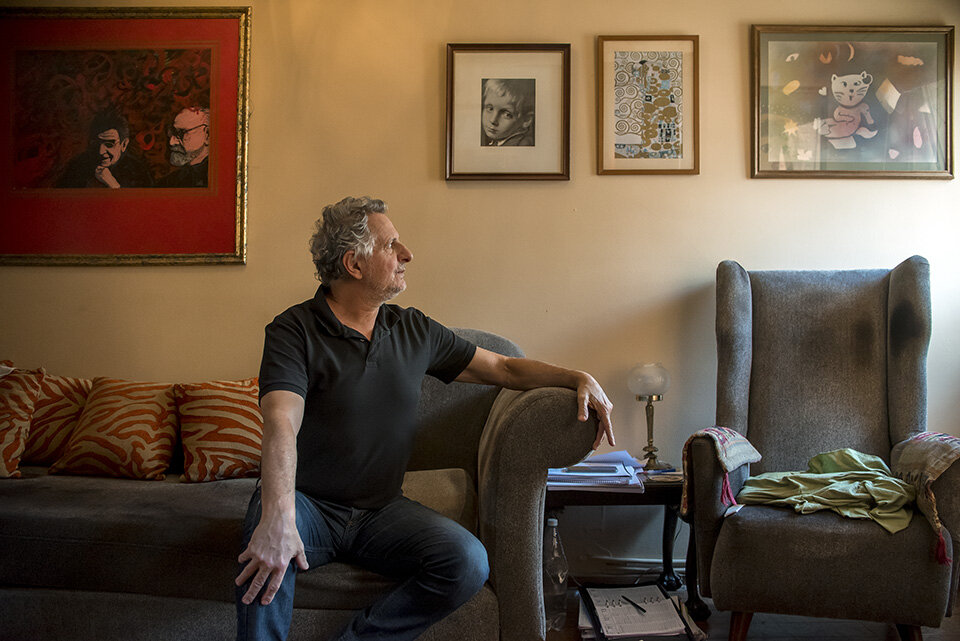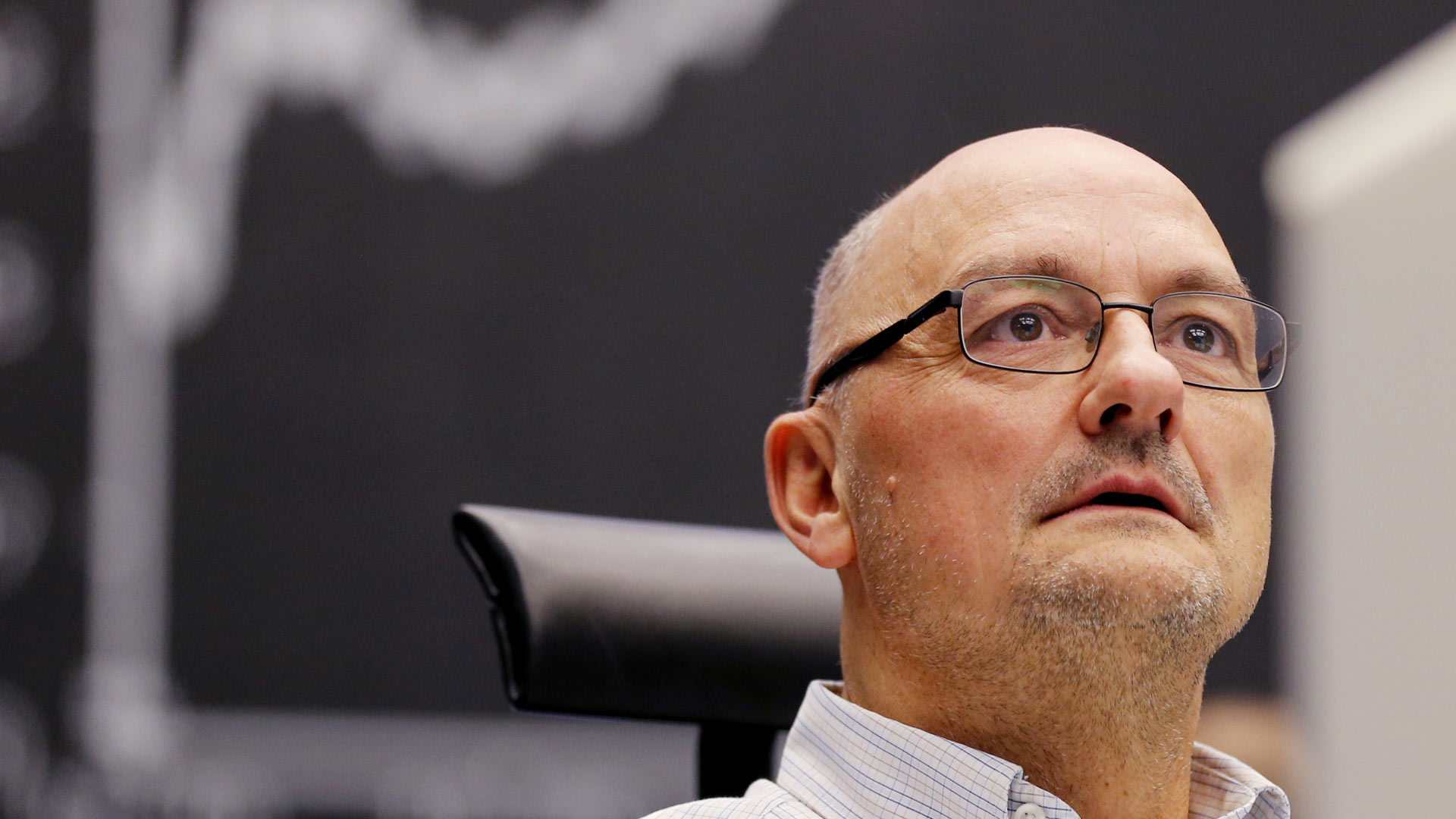By Rochelle Baker, Local Journalism Initiative ReporterCanada’s National Observer
Mon., Oct. 4, 2021timer4 min. read
Climate change is the largest and most impactful story on the globe, yet Canadian media in particular has done an inadequate job in covering the issue, one expert says.
There’s a tendency to report on the climate crisis in silos as individual policy, economic or environmental issues when the topic is interconnected and shapes virtually every aspect of our lives, said investigative reporter Sean Holman, the new professor of environmental and climate change journalism at the University of Victoria.
“The coming three decades (are) going to be about climate change, which is going to impact so many different aspects of our lives in ways we don’t fully appreciate right now,” Holman said, adding climate is a story about politics, economics, justice, food, health, and even sports and entertainment.
“It’s not just an environmental story and hasn’t been for a while. It’s a story that spans almost every single beat the news media covers … but we are just not always covering it that way,” he said.
“That deep impact means there is such a necessity for more people in this world to create connections to those disparate issues … in a way that allows us to come up with better solutions to adapt to and mitigate climate change.”
Climate change coverage has never been more vital, said Holman, citing the woeful coverage of the recent Intergovernmental Panel on Climate Change “Code Red” report by Canada’s traditional print media titans, and the critical importance of the upcoming UN climate talks in Glasgow, COP26, this November.
The Glasgow talks are largely being portrayed as the last window of opportunity for world leaders to possibly limit global warming to the 1.5 C threshold and curb some of the worst instances of chaos that will unfold as the climate crisis advances.
But as the climate talks unfold, Canadian media needs to limit reporting on policy and shift the focus to people, Holman said.
Climate coverage overall has failed to humanize the immediate impacts of the climate crisis on people’s lives, livelihoods, families, and communities, he said. As a result, people often don’t feel connected to the issue. And so, global warming feels like a remote eventuality — blunting any sense of urgency to act.
The human experience in climate disasters, like the wildfires that tore through B.C. this summer, is covered somewhat by the reporting of the numbers of lives, livestock, or homes being lost, Holman said.
But people’s experiences, responses, and adaptation are often underrepresented in news reports.
“We really don’t hear the personal stories of those losses … and the personal stories of resilience that arise from those terrible events,” Holman said, adding such stories can foster human connection, and illustrate possible trends, solutions, and tactics to help mitigate inevitable climate disasters moving forward.
“If these disasters don’t have human faces, it makes it so much more difficult for others to empathize with those experiences,” he said. “Yet I think that’s how you effect change, and that’s how you build community.”
In addition to humanizing climate change, journalists need to regionalize or localize the issue, even when covering international events such as COP26, Holman said.
“As part of the coverage of the negotiations in Glasgow, there needs to be, especially in Canada, much greater emphasis on how climate change is impacting specific regions and communities,” he said, noting an overall lack of scientific data on the localized impacts of climate change can complicate that objective.
The climate conference offers community newsrooms the chance to tie the global issue to their own backyards, he said.
“I think it’s a huge opportunity for local newspapers across this country … which may not cover climate change as regularly as they could.”
Newsrooms also need to temper the tendency toward producing climate disaster porn, highlighting the worst-case scenarios, which may only provoke fear and a sense of apathy, and focus more on solutions journalism, Holman added.
Stories also need to focus on the resiliency of individuals and communities, positive adaptations, and useful outcomes that arise by reexamining a climate disaster such as the savage wildfires, heat, and droughts that plagued Western Canada and the U.S. this summer, he said. Holman added that he and other journalism colleagues and programs are working to establish a “climate memory vault” that includes personal stories to identify the shared experiences and possible points of action.
“When it comes to global warming, I think people feel a profound lack of empowerment as a result of (news) coverage,” he said.
“It’s basically like saying this horrible thing is happening, and you can’t do anything about it.”
Media can do a better job of helping the public and communities take agency and understand what positive actions they can, or need, to take to mitigate climate crises and keep themselves safe, he said.
“Millions of people across western North America experienced extreme temperatures that really had deleterious impacts on their day-to-day life, cost lives, and impacted livelihoods,” Holman said.
“So what are the commonalities in those experiences?
“And how by sharing those stories can we ensure that the next heat wave we experience — because there will be another — is less damaging?”
Rochelle Baker / Local Journalism Initiative / Canada’s National Observer
Note: This article have been indexed to our site. We do not claim legitimacy, ownership or copyright of any of the content above. To see the article at original source Click Here













:quality(85)//cloudfront-us-east-1.images.arcpublishing.com/infobae/OU5FJNCJO5HMVCCQ6RIGE5AVXE.jpg)